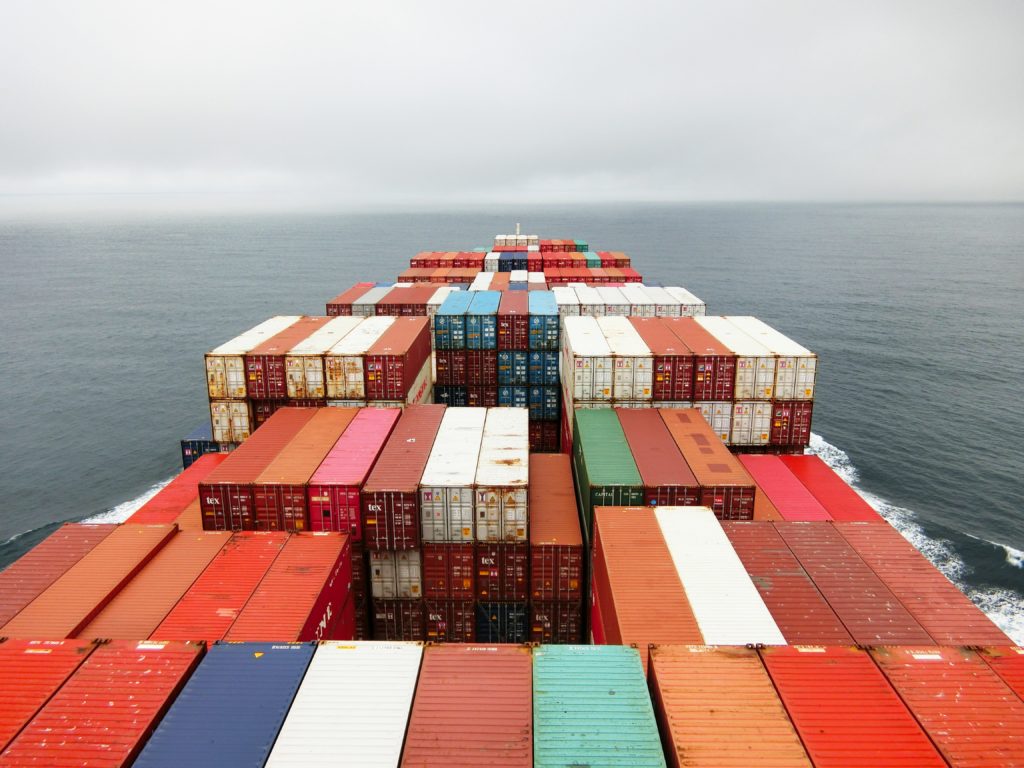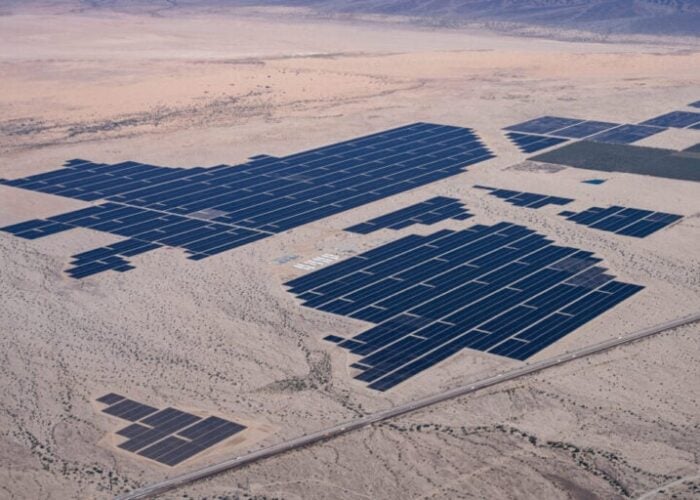
After years of protracted disputes and business uncertainty, the US solar industry will soon find out the precise terms of the Uyghur Forced Labor Prevention Act (UFLPA) and its implications for the supply of solar products to the country.
Due to come into enforcement tomorrow (21 June) by the US Customs and Border Protection (CBP), the UFLPA is in response to allegations that China is persecuting Uyghurs and other ethnic minorities in the north-western region of Xinjiang, although crimes have been alleged in other regions too.
Unlock unlimited access for 12 whole months of distinctive global analysis
Photovoltaics International is now included.
- Regular insight and analysis of the industry’s biggest developments
- In-depth interviews with the industry’s leading figures
- Unlimited digital access to the PV Tech Power journal catalogue
- Unlimited digital access to the Photovoltaics International journal catalogue
- Access to more than 1,000 technical papers
- Discounts on Solar Media’s portfolio of events, in-person and virtual
Chaired by the Secretary of Homeland Security Alejandro Mayorkas, the ‘Forced Labor Enforcement Task Force’ will be responsible for the implementation of the UFLPA and will release more details on how the system will work tomorrow.
On Friday (17 June), the US Department of Homeland Security released a list of entities whose products are assumed to be made with forced labour and are banned from entering the US.
The key issues for importers are how strictly the CBP will enforce the rules, the processing capacity it has and precisely what evidence it will require.
First all of, the CBP is going to be extremely stretched. In May, members of the Congressional-Executive Commission on China said that the UFLPA will see the number of transactions the CBP reviews rise more than ten-fold from less than 1 million per year to more than 11.5 million.
Indeed, Paul Wormser, vice president of technology at supply chain traceability firm Clean Energy Associates (CEA), said on a ROTH Capital webinar last week that the CBP was already significantly understaffed and the massive increase in case numbers would result in even more pressure and longer processing times.
The more complicated questions are how strictly the CBP will enforce the law and the evidence it will demand to allow entry.
The UFLPA will have a much higher level of scrutiny than the existing Hoshine Withhold Release Order (WRO) – which just last week detained a JA Solar shipment despite a ‘clean’ supply chain – and importers should prepare for even higher standards, said experts on the ROTH Capital webinar.
In its most extensive guidance yet, the CBP said importers would need to provide documents that clearly lay out their supply chains from the extraction of raw materials all the way down to the final product under the UFLPA.
The UFLPA contains two different pathways for importers, Elise Shibles, member of international trade law firm Sandler, Travis & Rosenberg said during the call. The first will “hopefully” require a similar submission package as the WRO, although the evidence would need to be to a higher standard and need to show no listed entity or company in the Xinjiang region, Shibles explained.
Wormser said there was going to be a much higher standard of evidence under the UFLPA than the WRO and a broader scope, making the process more difficult, while Richard Mojica of the law firm Miller & Chevalier agreed that many companies that were compliant with the WRO could be at risk of being caught by the UFLPA as the standard for evidence was higher.
The second pathway of a ‘formal acceptance process’ will be used in cases where products are sourced from the region but importers are confident no forced labour was used and have the evidence to back it up. This second pathway will be much harder to complete, Shibles said and experts agreed, with additional, hard-to-obtain pieces of evidence required.
Experts also noted how CBP has increased its policing of co-mingling of products coming out of the region and urged companies to be prepared to provide evidence around inventory control and mixing. “Co-mingling seems to be custom’s main concern,” said Mojica. “They know it’s happening and bigger companies have been working to segregate their products.”
Tomorrow’s implementation also coincides with tougher language on the alleged use of forced labour in China by the EU. Earlier this month, the European Union (EU) Parliament passed a new resolution condemning alleged human rights abuses in China’s Xinjiang region and called on its executive, the European Commission (EC), to enact tougher trade sanctions on the country.
Nathan Picarsic, co-founder of geopolitical consultancy firm Horizon Advisory, said that Europe would likely look at the UFLPA’s effectiveness in determining how to proceed, potentially using it as a blueprint for further EU sanctions.







